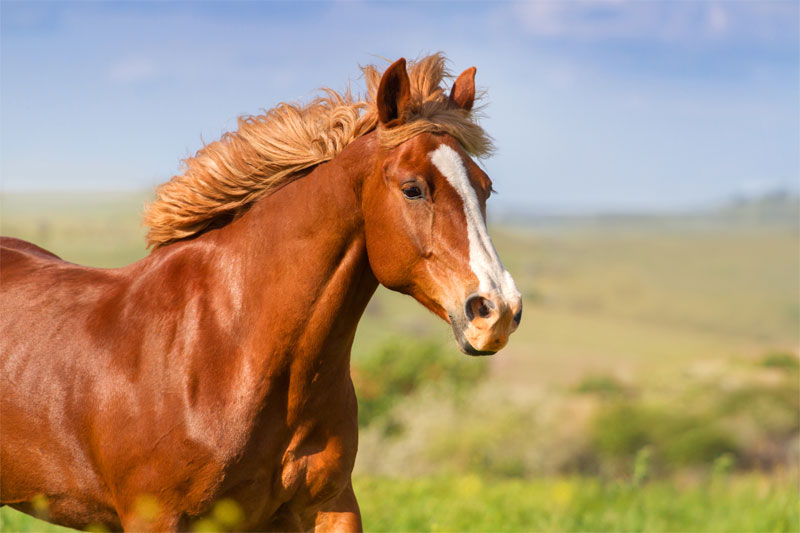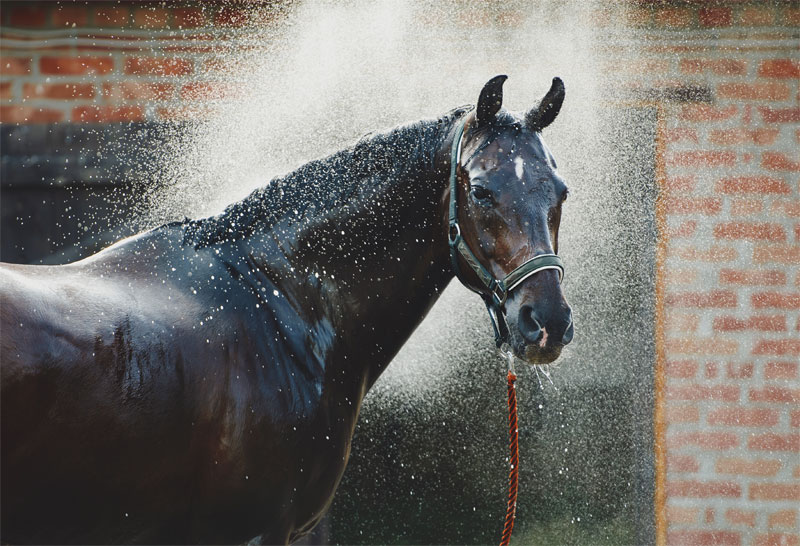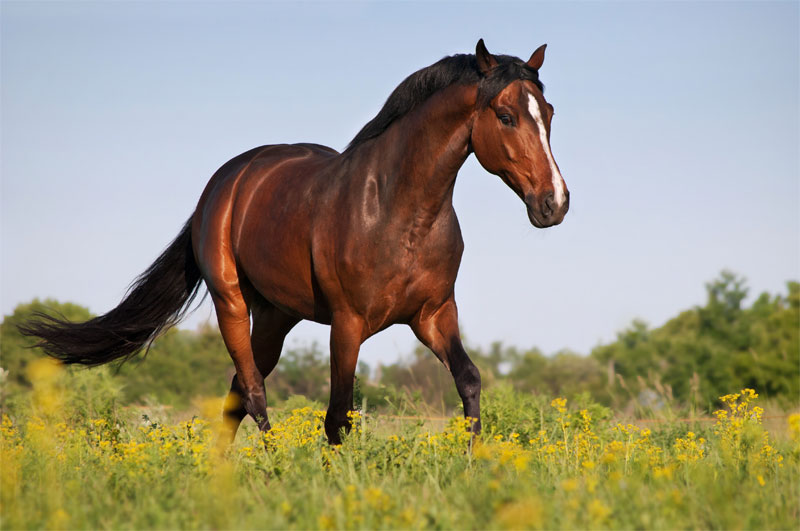
How to Keep Your Horse Healthy in the Summer
It’s the heart of summer in the Sonoran Desert, and temperatures are on the rise. As a result, horse owners need to adjust the care their horses receive and the environments they’re living by taking extra precautions to prevent dehydration and heat exhaustion in their horses.
8 Tips for Summer Horse Health
1. Water, Electrolytes, and Salt
By body weight, horses are about 60% water. They lose water and minerals while they sweat, so it’s important to provide your horses with plenty of both to ensure their body fluid is continuously replenished and kept in balance with their electrolytes. Horses need about 10 to 15 gallons of water each day in the Tucson summer. Provide them with salt licks and/or electrolyte additives (if your horse still drinks water with them). Be sure to clean the trough more frequently, too.
2. Shade and Cooling System
A cool location where your horse can escape direct sunlight is essential. Make sure your shady stables are kept cool with adequate ventilation. You might even consider installing a cooling system or misters.
3. Fly Control
Control the flies to keep your horse comfortable during the summer by disposing of manure. Fit your horse with a fly mask to help protect them from these annoying pests.

4. Exercise
Exercise in the morning before 10 am when the sun and ground heat up. Be sure to keep your horse in shape through the summer because an overweight horse overheats more easily.
5. Lighter Tack
Use lighter tack when taking your horse out or traveling. Skip the blankets, use less saddle padding, and consider cooling leg boots.
6. Sunscreen
Horses (especially lighter colored ones) can get sunburnt. Shade and a light fly sheet can help prevent sunburn. You can also apply sunscreen to areas where your horse is more exposed to the sun.
7. Extra Bedding
The ground is scorching-hot during summer, and a deep bed of cool wood shavings in the shade will protect your horse while they rest.
8. Appropriate Feed
During the summer, your horse’s feed needs change. Oats and corn tend to produce more heat than grass, hay, and pasture grazing. Let your horse graze on freshly watered pasture to feed and increase hydration.

Equine Veterinary Care for Hot Tucson Summers
To learn more about keeping your horse healthy throughout the summer, we encourage you to schedule an appointment with an equine veterinarian at Adobe Veterinary Center in Tucson. We can provide you with plenty of summer-time equine care advice.







